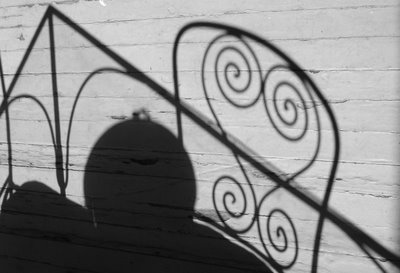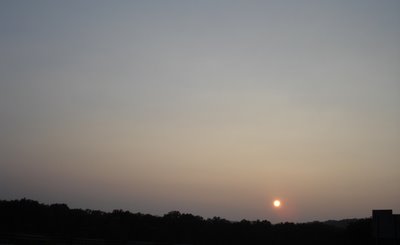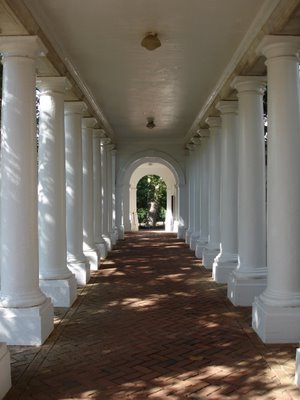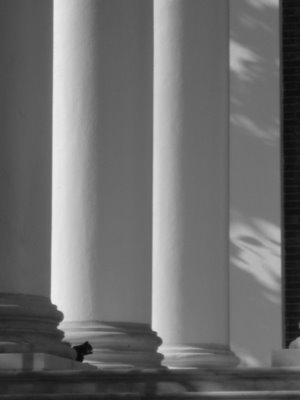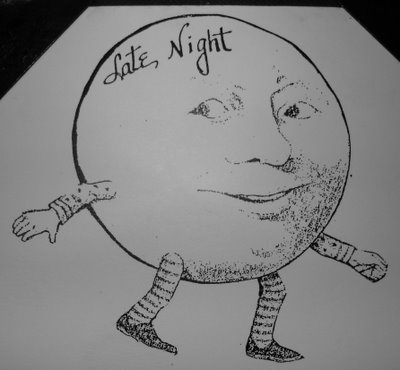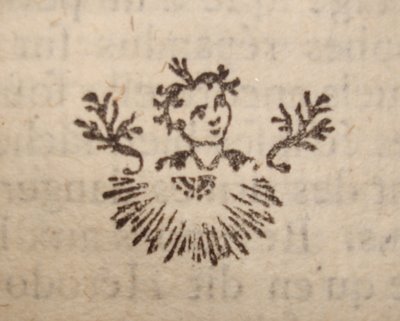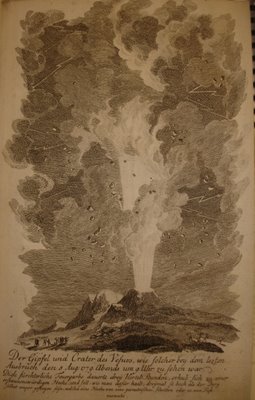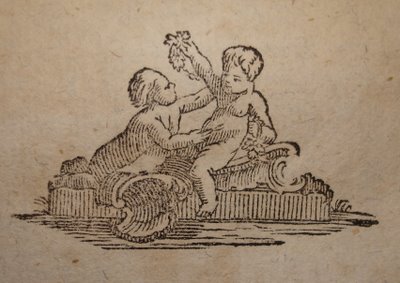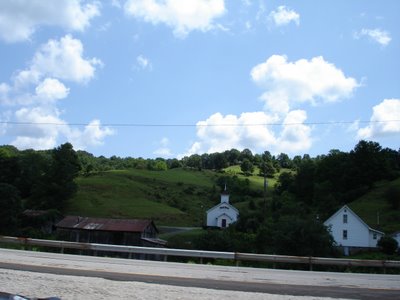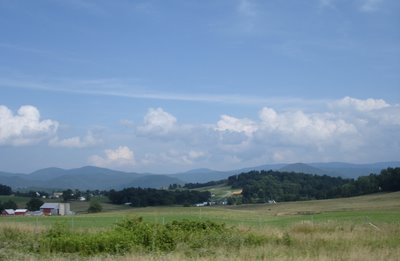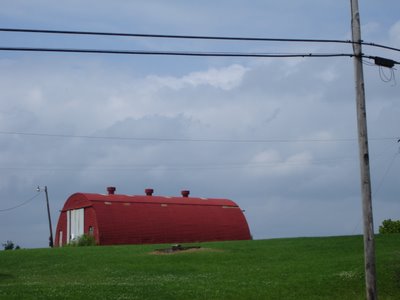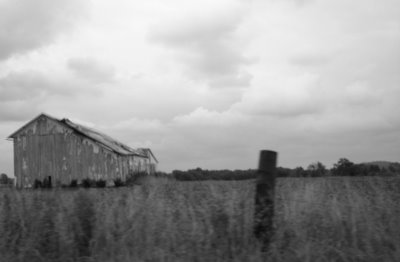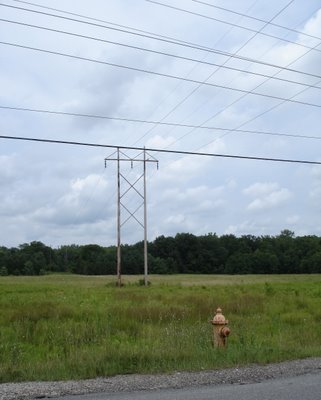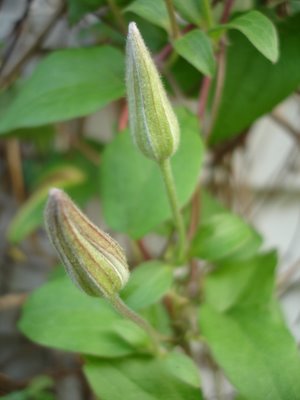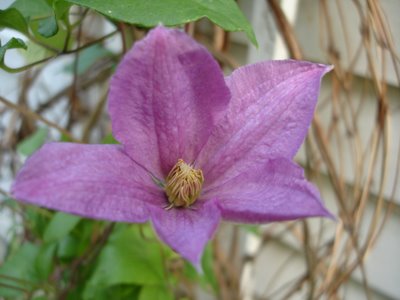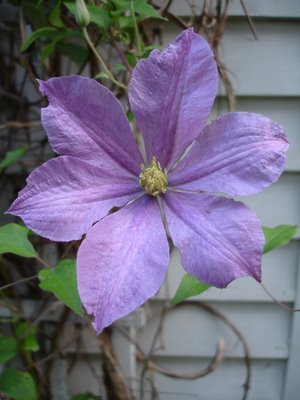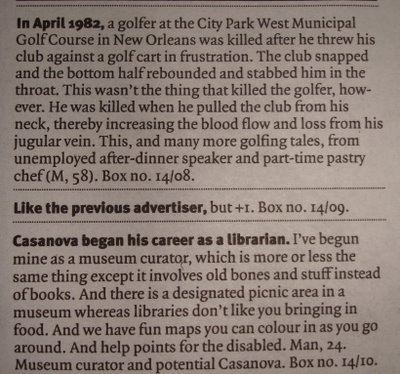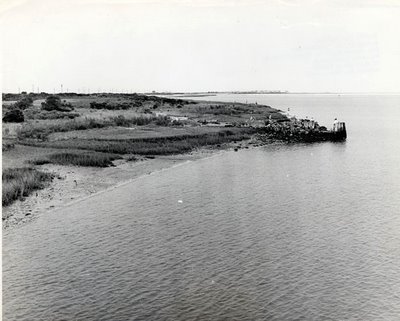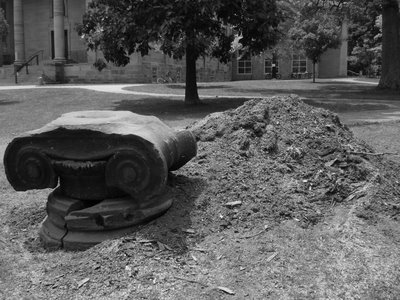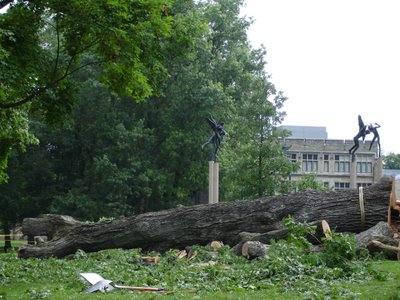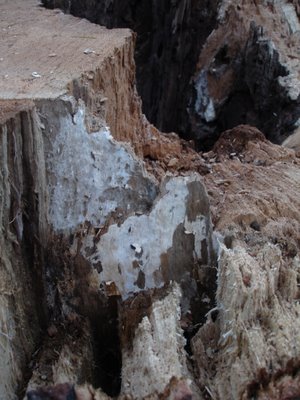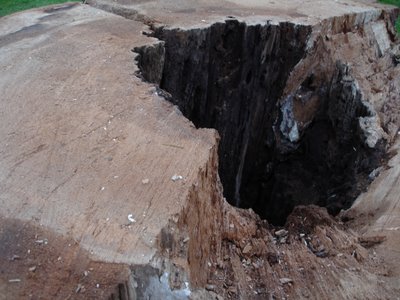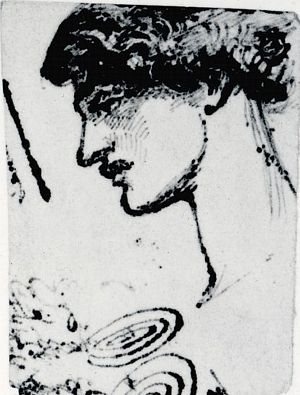Poems are a better fate than prosing.

Stopped at the bookstore today after a long lunch with a student I haven't seen in a year, I decided to continue building my twentieth-century poetry collection (so scant, so neglected) by buying James Wright's Above the River: Complete Poems. I have a bone to pick with the folks at FSG and Wesleyan University Press for having cast Wright's book into their lot of things to be printed digitally. I don't know if you've yet had an experience with books printed on demand, but mine have been vastly substandard: the type tends to be fainter than usual, as though everything hasn't quite printed--as though it's fading away from itself, and the covers are particularly to be lamented. I don't fully understand what corners publishers cut when they turn to this alternate method of printing, but I'd love it if they could get their acts together and make demand-printed books indistinguishable from regular books.
Anyhow.
I'm preparing to leave the officehouse (and its glorious, terrible-heat-index-defeating air conditioning), and so, as is my wont to do, I have opened Wright's volume and dipped in. And so you get a poem from him instead of a prose reflection from me, tonight. And it's fitting, really, given that Wright studied here; he graduated in 1952.
The Quest
In pasture where the leaf and wood
Were lorn of all delicious apple,
And underfoot a long and supple
Bough leaned down to dip in mud,
I came before the dark to stare
At a gray nest blown in a swirl,
As in the arm of a dead girl
Crippled and torn and laid out bare.
On a hill I came to a bare house,
And crept beside its bleary windows,
But no one lived in those gray hollows,
And rabbits ate the dying grass.
I stood upright, and beat the door,
Alone, indifferent, and aloof
To pebbles rolling down the roof
And dust that filmed the deadened air.
High and behind, where twilight chewed
Severer planes of hills away,
And the bonehouse of a rabbit lay
Dissolving by the darkening road,
I came, and rose to meet the sky,
And reached my fingers to a nest
Of stars laid upward in the west;
They hung too high; my hands fell empty.
So, as you sleep, I seek your bed
And lay my careful, quiet ear
Among the nestings of your hair,
Against your tenuous, fragile head,
And hear the birds beneath your eyes
Stirring for birth, and know the world
Immeasurably alive and good,
Though bare as rifted paradise.
--James Wright
It is just so very possible that I would love it if someone's quiet ear cared to hear the birds beneath my eyes.










